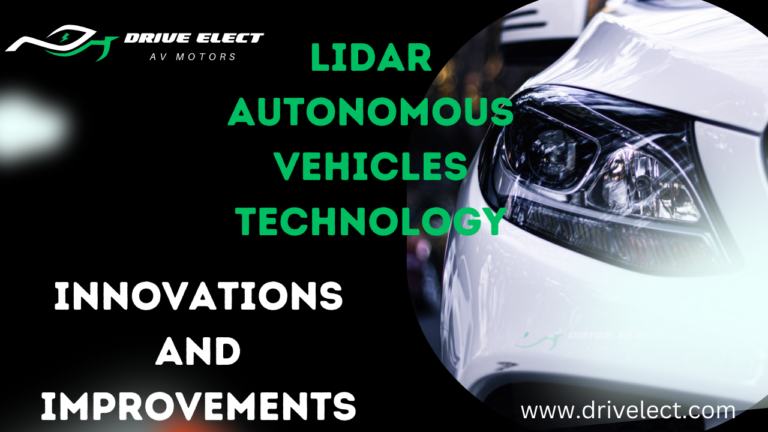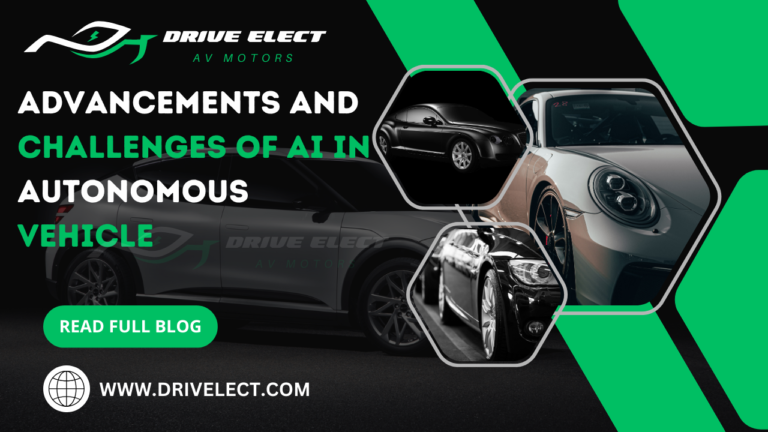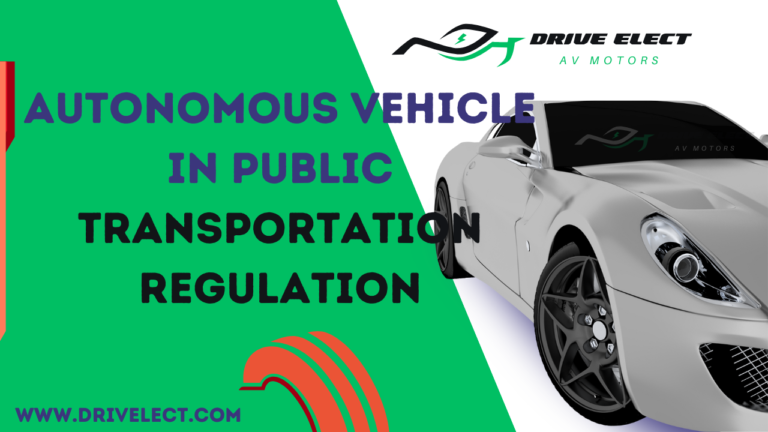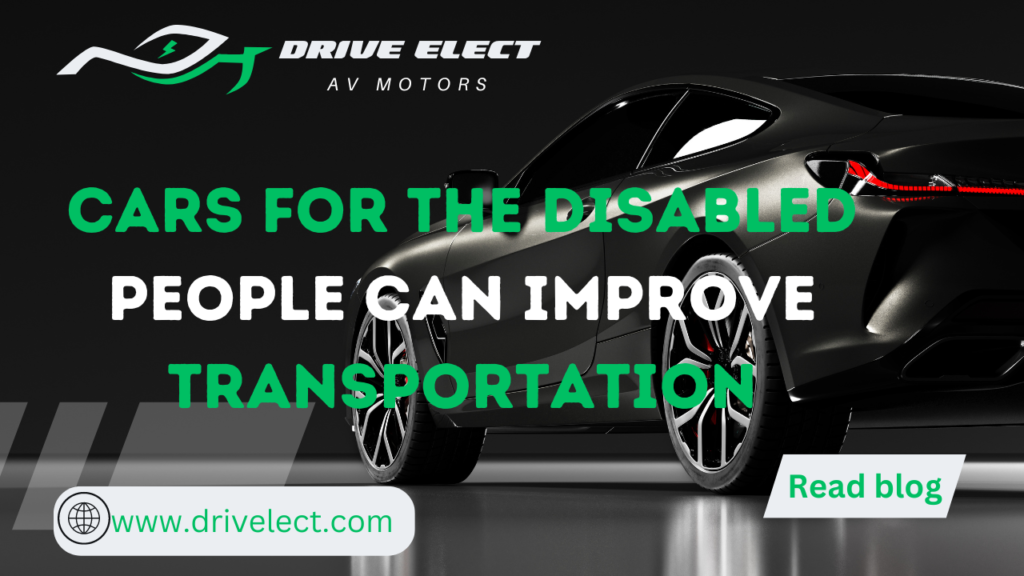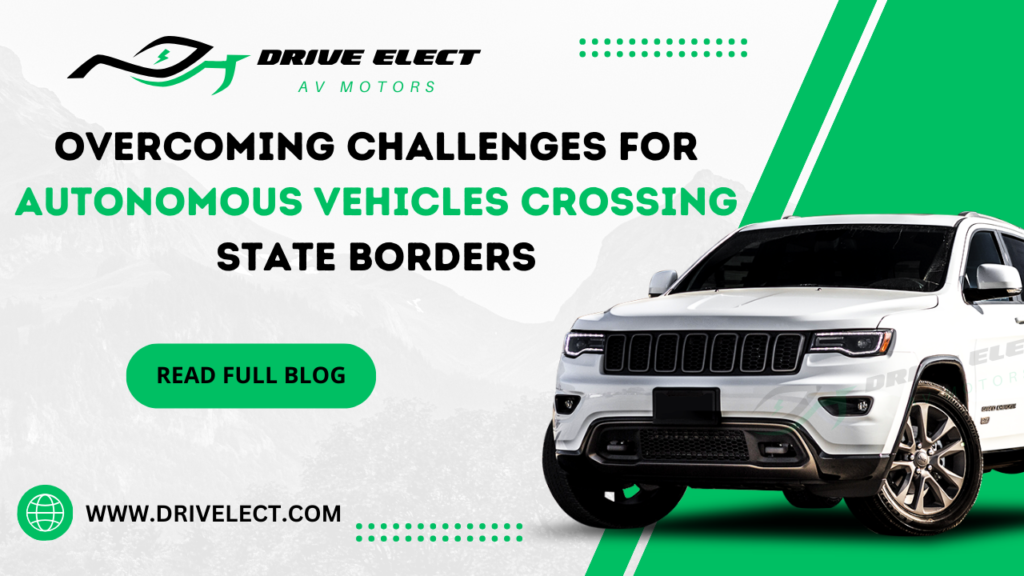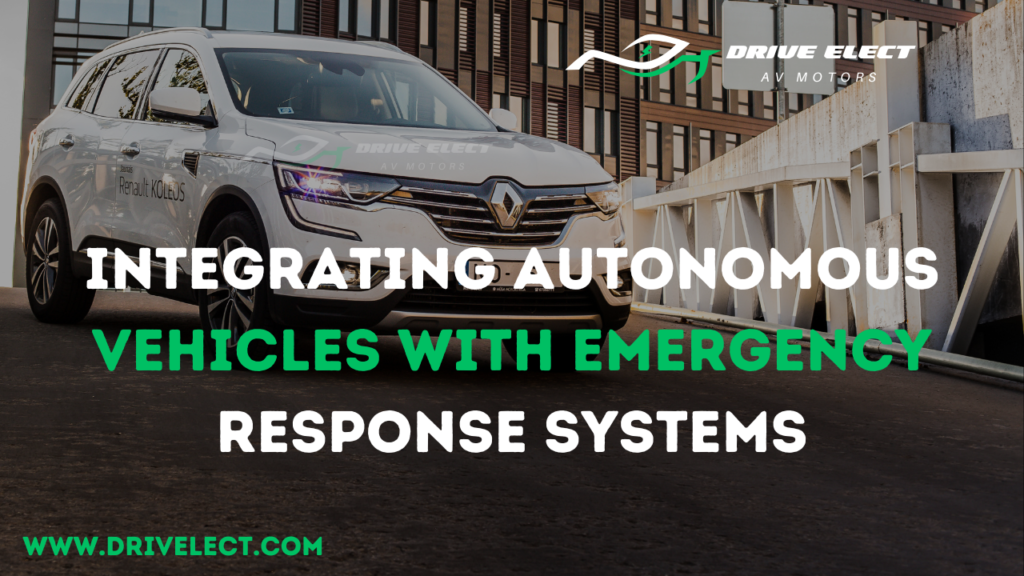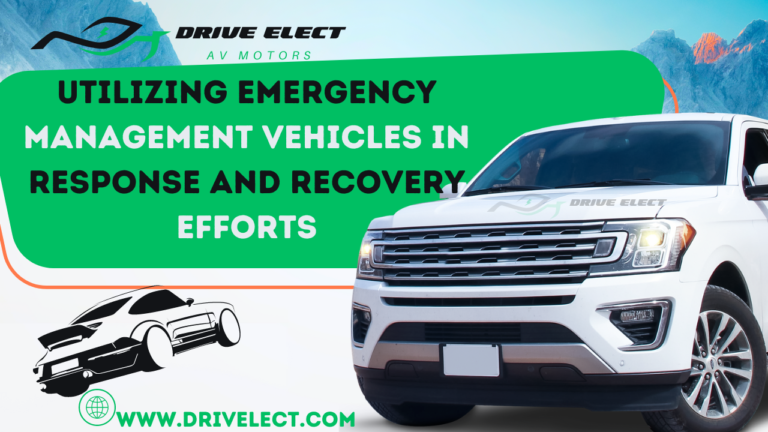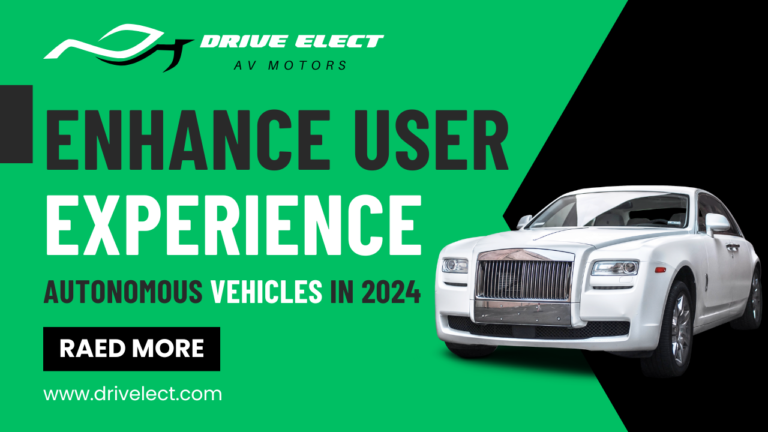This paper looked at what people think about autonomous vehicle jobs and how they might affect jobs in transportation. They surveyed 773 people from different places and used math to understand their answers. Most people agree that self-driving cars will change the number of transportation jobs. They also think governments need more time to be unprepared for these job changes. Here, we discuss the analysis of economic implications, job creation, and market disruption due to autonomous vehicles.
The study found that things like age, job or study area, how much people know about self-driving cars, how much money they make, their gender, and if they know about the risks to their job all affect how they see the job security of transportation workers with self-driving cars around.
The article says that self-driving cars could shake up jobs. They suggest that we train people for new jobs, talk more about this with the public, and ensure everyone knows what’s going on as things change.
Table of Contents
ToggleIntroduction:
This piece talks about how technology, especially self-driving cars, is changing how we move around. Self-driving vehicles could make our roads safer by reducing human errors in driving. They might also improve accessibility for people who can’t drive, save energy, and reduce pollution and traffic.
Right now, these cars are at different stages of development. Some need humans to supervise them closely, while others can drive without any human help. They’re being tested worldwide; some countries invest a lot in this technology. The hope is that by 2050, these cars will be a massive part of how we get around.
But while they could bring many good changes, there are also concerns. There might be more chances for things like hacking or privacy issues. As these cars start sharing the road with regular ones, there could be more accidents, too. Plus, there’s a big worry about how these cars might affect jobs. They could replace many jobs in transportation.
When new technology like this comes in, it can change the kinds of jobs available. Sometimes, it gets rid of old jobs but also creates new ones. But in the short term, it might make things uncertain for people who might lose their jobs.
There’s a lot of hope and excitement about these self-driving cars but also worries about what they might mean for our jobs and how we live. Understanding what people think about these changes is essential for making good decisions about handling them.
Analysis of economic implications, autonomous vehicle jobs creation, and market disruption in 2024
The arrival of AVs and the feature employment landscape;
This piece discusses how self-driving cars might affect jobs. Some experts believe these cars could replace many jobs in transportation, like taxi and truck drivers.
They argue that businesses will use these cars because they can save money by not needing human drivers. This could change how we move around in cities, with self-driving cars becoming a standard way to get from place to place.
But there needs to be more debate about whether these changes will create or destroy jobs. Self-driving cars might lead to significant job losses in manufacturing, car rentals, and road construction. Others believe that while some jobs disappear, new ones might emerge, like in technology or new services inside these cars.
Jobs that don’t need high-level skills might be the ones that disappear first. People who work in driving jobs might need help to switch to new jobs that require more advanced skills. And even though some new jobs might appear, more is needed to replace all the lost ones.
The transition to these self-driving cars might happen slowly, and some jobs might change instead of completely disappearing. For example, even as vehicles become more automated, they might still need people to supervise them.
Research Methodology:
This text explains how a survey was used to understand people’s thoughts about self-driving cars and their impact on jobs. How autonomous vehicle jobs effect everyone’s life Surveys are handy research tools, helping gather opinions and understand how people feel about specific topics. In this case, the survey aimed to figure out how the arrival of self-driving cars might affect jobs, especially in the transportation sector.
The survey had 33 questions, taking around 10 minutes to complete. It covered people’s awareness of how automation affects industries, their worries about job loss, and their general trust in self-driving technology. It also asked about demographics, like age, education, job field, and income, to understand how these factors might relate to people’s views.
The survey used like a scale, where people could express their agreement or disagreement with statements about self-driving cars and employment. This scale helped gather consistent data for statistical analysis. It was available online through Qualtrics, shared on social media, and directly sent to over 2000 people. Respondents were from various industries and countries worldwide, making the study more diverse.
Invoices like the chance to win shopping vouchers were offered to encourage participation. The survey ran for six weeks, and efforts were made to prevent people from taking it multiple times. The study gathered 773 usable responses, representing a broad range of perspectives.
For analysis, the researchers used a software called SPSS. They looked at the data to understand patterns and relationships between different factors. They wanted to test whether people’s perceptions of job losses in transportation were linked to their understanding of self-driving cars, worries about their jobs, and their backgrounds.
Using this survey and statistical tools, the researchers aimed to provide insights that could guide policymakers in managing the changes by self-driving technology, especially for those working in transportation and likely to be most affected.
Sample Demographics:
Most participants were male, about 64.6% of the group, with females making up 35.4%. This leans more towards men because the study focused on transport and logistics professionals, where there are typically more men than women (according to a report by the European Commission).
Regarding income, around 35.4% of the people surveyed earned £50,000 or more annually, while 34.4% earned less than $29,999. Not everyone shared their income details, as about 16.8% chose not to specify their annual income.
So, the sample was male primarily due to the specific focus on a men-dominated field. The respondents had a mix of income levels, with a significant portion falling into higher and lower income brackets.
Demographics Characteristics
Gender:
About 65% were male, and 35% were female. There were more men than women in this group, likely because it included professions like transport and logistics, where there tended to be more men.
Age:
The age range varied, with the majority falling between 18 and 34. Smaller percentages were distributed across more senior age groups, with very few under 18 or over 65.
Education:
The majority had either a Bachelor’s or Master’s degree, followed by many high school graduates. A smaller percentage had lower education levels, like less than high school or a doctorate.
Field of Work/Study:
The most significant portions worked in transport, followed by a mix in other sectors like logistics, manufacturing, IT, and healthcare. There were also substantial numbers in the public sector and some who didn’t fit these categories.
Income:
There was a spread in income levels, with significant percentages earning “between” $15,000 to $50,000 annually. Around 17% earned less than $15,000, and about 35% earned $50,000 or more. A good chunk preferred to keep their income private.
Understanding of autonomous vehicle jobs (AVs):
Views on AVs varied, with around 50% feeling either well-informed or highly informed, while the rest were split among feeling less informed, uninformed, or somewhere in between.
These details paint a picture of a diverse group in terms of age, education, income, and understanding of autonomous vehicle jobs, with a skew towards male representation, likely due to the field of work surveyed.
Perception of the industry after the effects of automation:
The data collected looked at how people felt about automation’s impact on the industry and society. Most respondents thought that automation was a good thing, benefiting both the industry and society.
Analyzing the data more closely showed a link between how much people knew about autonomous vehicles (AVs) and their opinions on automation. The folks who knew more about AVs were more likely to agree that automation has positively affected the industry and society.
Essentially, the better people understood AVs, the more they tended to see the positive impact of automation. According to the analysis, this connection between understanding AVs and seeing the benefits of automation was found to be statistically significant.
Policy and Industry Recommendations:
Introducing self-driving cars (AVs) can be a significant change, affecting jobs and how we live. Before rolling them out, governments and companies must involve the public in understanding and accepting this new technology. Working together, they need to ensure AVs benefit everyone and don’t cause problems, especially for autonomous vehicle jobs.
To make this work, they should:
Educate and Involve:
Teach people about AVs and involve them in decisions. This way, everyone understands and has a say.
Start Slowly:
Test AVs carefully and step by step. If people don’t like them or don’t fit what people need, they might not be accepted in autonomous vehicle jobs
Prepare for Changes:
Show how jobs might change or disappear because of AVs. Offer training for new jobs that will come up with the autonomous vehicle jobs.
Improve Education:
Better education can help avoid problems. If people understand technology better, they can adapt to changes more quickly.
Think About the Future:
AVs might change where people live and how they work. It could even impact road building and commuting. Governments need to plan for these changes.
We all know about the implications of Autonomous vehicles and how these vehicles impact our society and autonomous vehicle jobs.


